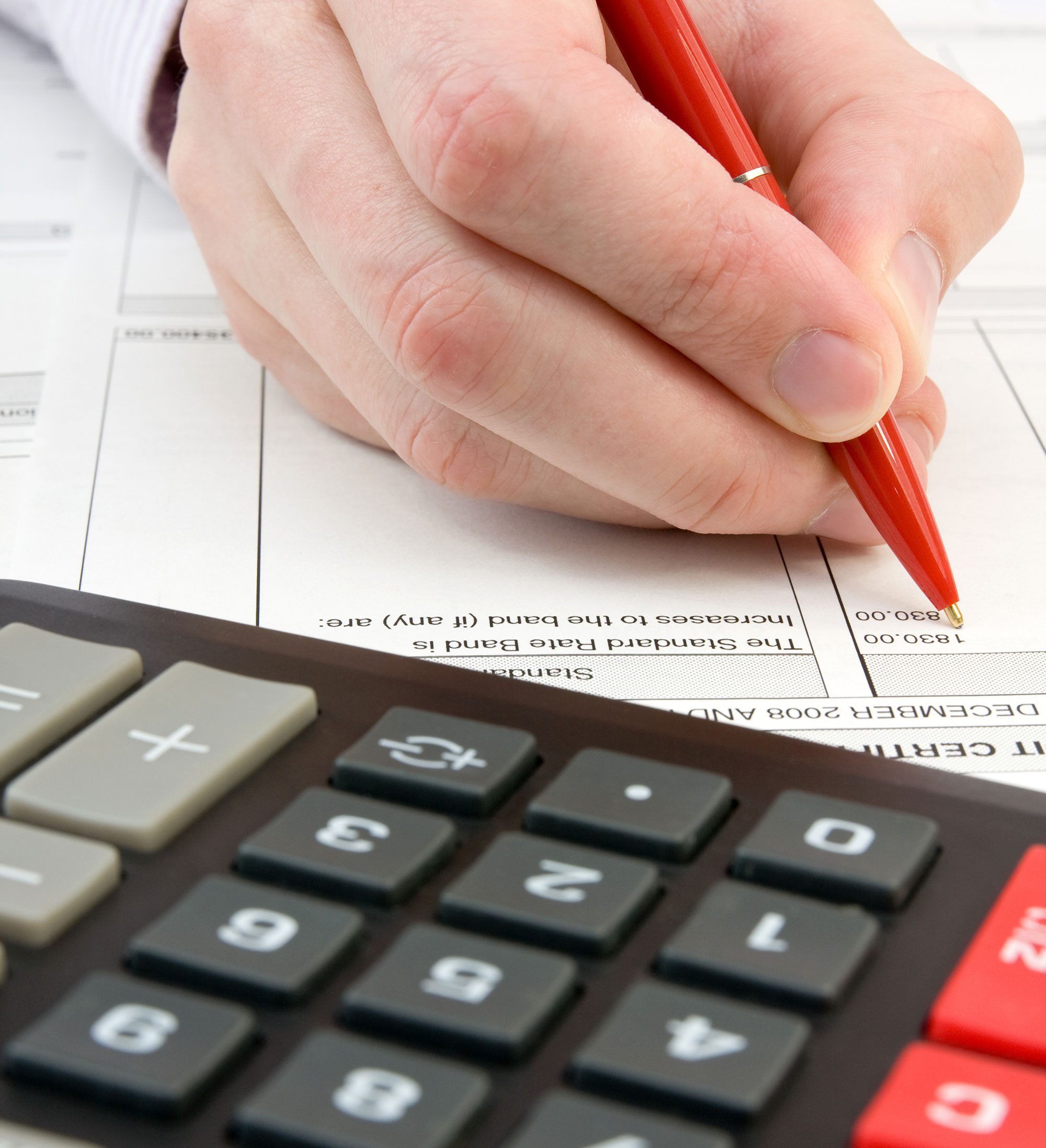For any scheme where planning permission is needed, be it a new build, conversion or extension, the process will involve fees paid to the council.
It’s easy to overlook or underestimate some of these, but the last thing any project needs is to go over budget on the preliminaries before construction has even begun. So how much is it likely to cost?
Planning hidden costs
Planning fees fall into three camps. There are the rates for statutory planning applications, then council charges including pre-app costs, the Community Infrastructure Levy (CIL) and other payment demands, and finally, professional estimates.
The first of these is the most certain, as prices are set nationally, so are the same throughout the UK. Self builds are exempt from the CIL, so if your project qualifies then you won’t pay this.
Other council expenses, like for pre-app or legal agreements, vary greatly and can be considerable.
Similarly, professional fees can swell your budget hugely, especially if you have to engage several on your project.

Architects, planning consultants, land surveyors and tree, ecology, archaeology, environment, drainage and highways specialists are amongst the most commonly encountered.
The following outlines how much you might pay during the planning application process.
The averages given for professional services here exclude VAT.
Bear in mind some practitioners don’t charge VAT while others may add expenses that increase their quoted rates.
Planning application fees
Applying for detailed or full planning permission for a new house or a conversion in England is currently £462.
For outline applications, it’s £462 per 0.1 hectares. Householder applications, needed for extensions and garden buildings, are £206.
If your permission is granted subject to conditions, as it often is, then a request to approve any details that were asked for – like landscaping or materials details – is £116, while householder applications are £34.
You can cover multiple conditions under a single request, but if you want to submit the documents online via the Planning Portal, there is now an additional £20 processing charge.
Other council expenses
Seeking pre-application advice is generally encouraged. Prices vary from nothing at all through to a similar level to the cost of planning submissions. To receive this type of assistance, you’ll need sketch plans to hand upfront at the very least.
The CIL charge can be significant, and rates vary depending on the area. But if you’re building a new house, extension or annexe project for your own use, you should be eligible for an exemption.
It’s vital that you fill out the correct forms at the right times to succeed with these claims, so check the rules carefully.
Local authorities will usually charge additional sums when permission is applied for or granted to put towards things like mitigating environmental damage to protected habitats or contributing to affordable housing.
The commitment to pay is usually secured through a Section 106 agreement and the council will generally expect you to cover their fees as well as your own. Consult a solicitor about these legal charges.
Surveys
For many projects, the first step is a topographical survey of the site to ensure its dimensions, trees, buildings and obstacles, as well as levels, are accurately recorded.
Depending on scale and complexity, prices for this should be in the £600 to £1,200 range. For conversions, a structural survey is often needed, costing around £750 to £1,500.
Architects & building designers
Design fees are likely to comprise the biggest element of your planning budget. You’ll incur charges for pre-app sketches and detailed application drawings, with additional fees for any amendments or if the architect’s input is required.
These are calculated as a percentage of the overall build price, given as a quoted lump sum or based on time occupied. Inevitably, a great deal depends upon the scale and complexity of the design and if you’re engaging an architect, architectural technician, building surveyor or some other kind of draughtsman.

Pre-app drawings could cost from a few hundred to several thousand pounds, especially if ‘design development’ is included in this phase.
Detailed illustrations for planning applications span from around £1,500 up to £15,000 – a huge range showing how important it is to get firm quotes for all work undertaken.
Remember that if you change your scheme as it evolves, or amendments are needed, you might have to pay extra.
Read more: Could and architect save you money?
Planning consultants
Whether or not you will need a consultant’s help depends upon how contentious your build might be, its complexity and the confidence and experience of your building designer or architect.
Sometimes specialist input is helpful at the very start of the project to assess the plot’s potential and determine whether it’s a viable option.
On other occasions, having a professional’s view can be helpful if things start to go wrong – particularly if you have to appeal a refusal.
Quotes for these services are usually given as a firm figure for the likely work or on an hourly basis.
‘No win no fee’ offers might appear to be attractive but they are frowned upon by professional bodies. You could end up paying well over the odds for input that might otherwise have cost only a small fraction of your budget.
Charges for site assessments and helping with pre-app advice might run from £300 to £1,000, and for progressing a planning application for you, anywhere from £750 to £2,000.
Making a written appeal, if all else fails, is likely to cost between £1,000 and £3,000 depending on complexity.
Other professionals
There are various specialists who you could need to produce reports to accompany your application.
If you take pre-app advice on your project, this should flush out what the local authority might expect.
Typically, you will need an arboriculturist – most councils will request an assessment of the implications for trees if there are any that could be affected by your plans. Fees for this are generally around the £300 to £1,000 mark.
An ecological ‘Phase 1’ report will be necessary if your project might impact protected species. That often means bats and owls for converters, and on plots it could be reptiles like newts in ponds, or bats roosting in trees.
These are between £600 and £1,200 for most self builds. Be aware that if these animals are found, then further surveys could be required, adding to the overall cost.
You may also need to do flood risk, drainage, highways, archaeologist or environmental assessments. The latter is common on brownfield sites in order to check for contamination.
These generally fall within the £600 to £1,500 range, but if a problem is found, charges can start to ramp up.
For example, if an environmental survey does find contamination, then a clean-up strategy will have to be devised and agreed and the physical task of rectifying the issue will have to be undertaken.
This means that a £1,000 initial report could lead to a further £10,000 of professional and contractor inputs to sort it all out.
The post How much does it cost to get planning permission? appeared first on Build It.
Article reference How much does it cost to get planning permission?
No comments:
Post a Comment